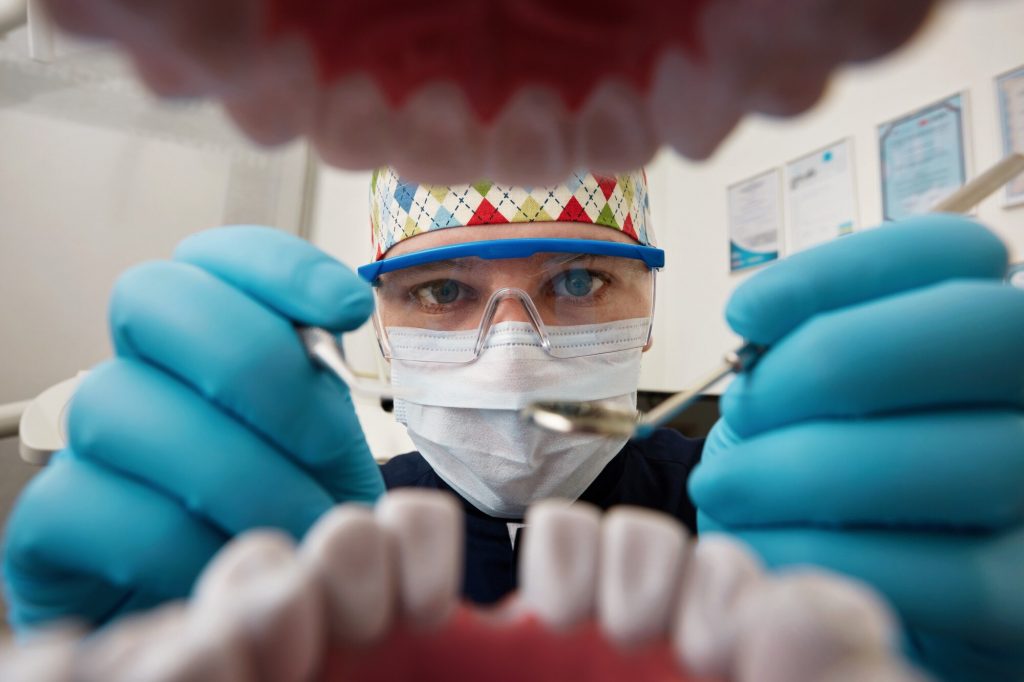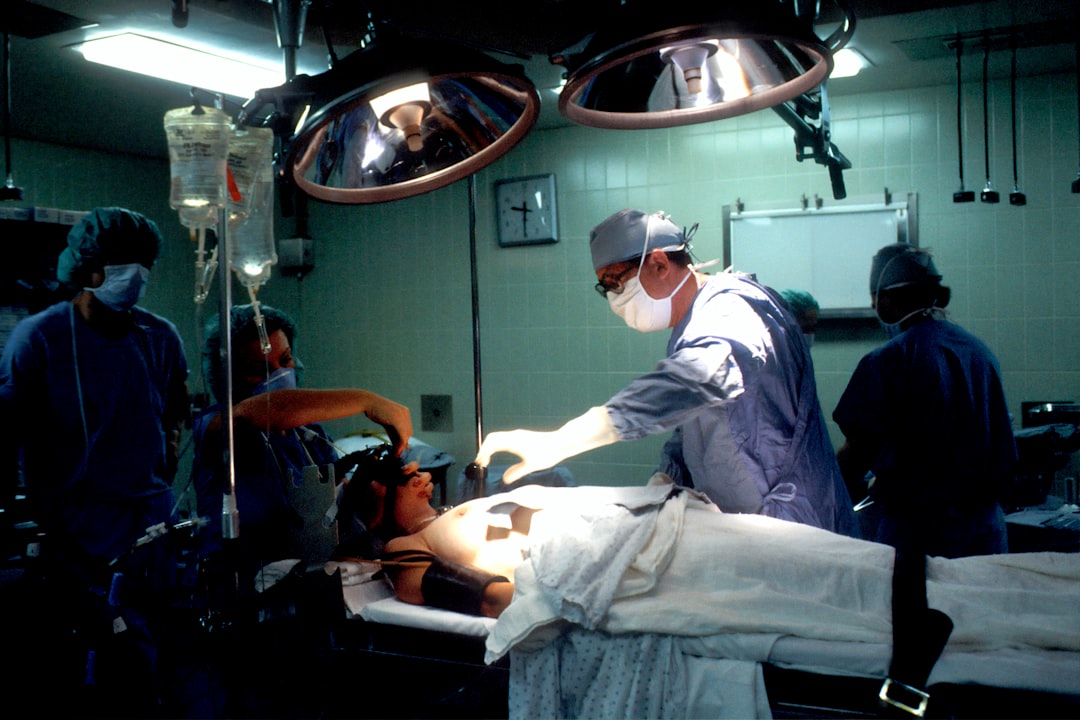Dental surgery, while often necessary, can be a daunting prospect for many. Understanding the risks and benefits associated with these procedures can help alleviate concerns and prepare patients for what to expect. Whether it’s removing wisdom teeth, placing dental implants, or other surgical procedures, being informed can lead to better outcomes and a smoother recovery.
Understanding Dental Surgery
Dental surgery encompasses a range of procedures aimed at treating conditions of the teeth, gums, and jaw. Common types of dental surgery include wisdom teeth removal, dental implants, and corrective jaw surgery. These procedures can significantly improve oral health and quality of life.

Types of Dental Surgery
- Wisdom Teeth Removal: Often performed to prevent overcrowding or infection, wisdom teeth removal is one of the most common dental surgeries.
- Dental Implants: Used to replace missing teeth, dental implants provide a long-term solution that mimics the look and function of natural teeth.
- Corrective Jaw Surgery: This surgery corrects jaw alignment issues, which can improve chewing, speaking, and even breathing.
Role of Anesthesia in Dentistry
Anesthesia plays a crucial role in dental surgery, ensuring patient comfort and pain management during procedures. Depending on the type and complexity of the surgery, different anesthesia levels may be used, ranging from local anesthesia to general anesthesia.
Benefits of Dental Surgery
Dental surgery offers numerous benefits that extend beyond cosmetic improvements. Here are some of the key advantages:
Improved Oral Health
Surgical procedures can address underlying issues that, if left untreated, could lead to more severe health problems. For example, removing impacted wisdom teeth can prevent infections and cysts.
Enhanced Functionality
Dental implants and corrective jaw surgeries restore the ability to chew and speak properly, significantly enhancing the quality of life for patients.
Boosted Confidence
Many dental surgeries improve the appearance of the teeth and jaw, leading to a boost in self-esteem and confidence. A healthy, attractive smile can positively impact personal and professional interactions.
Risks Associated with Dental Surgery
As with any surgery, dental procedures come with potential risks. It’s essential to weigh these risks against the benefits when considering surgery.
Common Risks
- Infection: Post-surgical infections can occur, requiring additional treatment and care.
- Nerve Damage: Some surgeries, particularly wisdom teeth extractions, carry a risk of nerve damage, which may result in temporary or permanent numbness.
- Bleeding: Excessive bleeding can happen during or after surgery, although this is relatively rare.
Anesthesia Risks
While anesthesia is generally safe, it does carry some risks, especially for those with pre-existing medical conditions. Potential complications include allergic reactions, breathing difficulties, and in rare cases, heart problems.
Managing Risks
To minimize risks, it’s crucial to choose a qualified and experienced dental surgeon. Pre-surgical consultations and thorough medical history reviews are essential to identify potential risk factors.
Preparing for Dental Surgery
Preparation is key to a successful dental surgery and recovery. Here are some steps patients can take to prepare:
Pre-Surgical Consultation
During this visit, the dental surgeon will explain the procedure, discuss anesthesia options, and outline the recovery process. This is an opportunity for patients to ask questions and express any concerns.
Follow Pre-Operative Instructions
Surgeons often provide specific instructions to follow before the surgery, such as fasting or avoiding certain medications. Adhering to these guidelines is critical for a smooth procedure and recovery.
Post-Surgery Care and Recovery
Recovery times vary depending on the type of surgery and individual factors. However, there are general steps patients can take to facilitate healing:
Managing Pain and Swelling
Pain and swelling are common after dental surgery. Over-the-counter pain relievers, prescribed medications, and applying ice packs can help manage these symptoms.
Diet and Nutrition
Soft foods and plenty of fluids are recommended during the initial recovery phase. Avoiding hard, crunchy, or spicy foods helps prevent irritation and complications.
Follow-Up Appointments
Regular follow-up appointments allow the dental surgeon to monitor healing and address any concerns. These visits are crucial for ensuring the surgery’s success and preventing complications.
Conclusion
Dental surgery can be a transformative experience, offering numerous benefits that improve oral health, functionality, and self-confidence. While there are inherent risks, careful preparation, and choosing a qualified dental surgeon can significantly mitigate them. By understanding the risks and benefits, patients can make informed decisions and achieve the best possible outcomes from their dental procedures.
